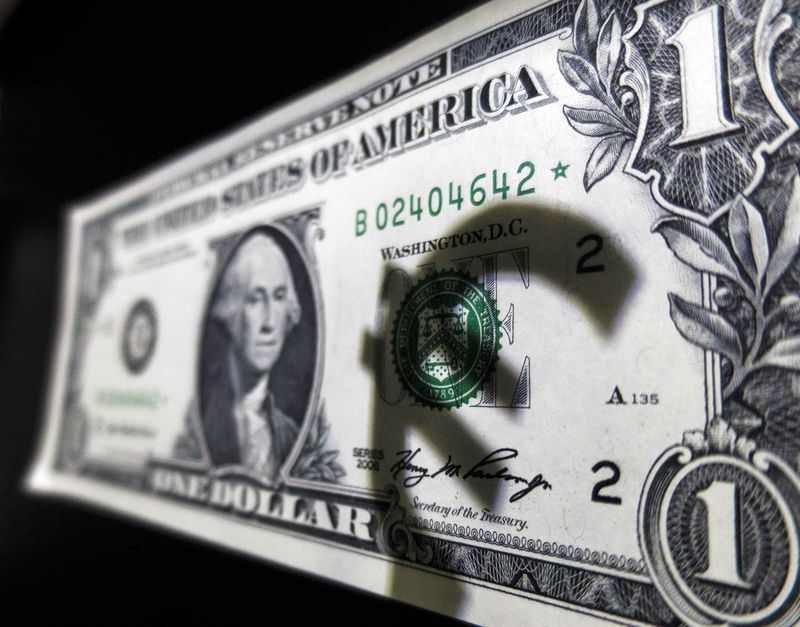Investing.com - The euro rose to eight-week highs against the broadly weaker dollar on Wednesday after data showing that the U.S. economy slowed sharply at the start of the year underlined expectations that interest rates will remain on hold for longer.
EUR/USD was up 0.8% to 1.1069, the most since March 5, from around 1.1007 ahead of the data.
The Commerce Department reported that U.S. gross domestic product grew just 0.2% in the three months to March, slowing from 2.2% in the final quarter of 2014. It was the slowest rate of growth in a year.
The consensus forecast among economists was for a more moderate slowdown to 1.0%.
Consumer spending, which accounts for approximately 70% of U.S. economic activity, slowed to 1.9% in the first three months of this year, down sharply from 4.4% in the fourth quarter.
The data came as investors were looking ahead to the Federal Reserve’s rate statement later in the day for further indications on the timing of a first rate increase.
Recent disappointing economic reports have prompted investors to push back expectations for an initial rate hike to later in the year from midyear.
The single currency was boosted after data earlier Wednesday showed that German consumer prices rose at an annual rate of 0.4% in April, broadly in line with market expectations, easing concerns over the threat of deflation in the euro area.
Other reports showed that euro zone bank lending to the private sector ticked higher in March for the first time in three years and consumer inflation expectations rose for the first time this year, indicating that the recovery in the region is gaining traction.
Meanwhile, Greece was expected to present a draft reform bill to its international lenders later in the day. Athens is trying to negotiate a deal to secure €7.2 billion of bailout funds.
The U.S. dollar index, which measures the greenback’s strength against a trade-weighted basket of six major currencies, was last down 0.81% to 95.42, the weakest since March 18.
